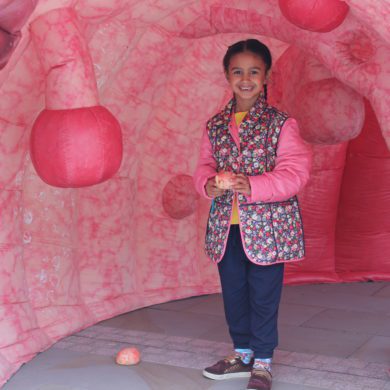Dr Maja Kopczynska
The psychological impacts of sex and quality of life with Chronic Intestinal Failure.
 Doctor F1/F2 Research Award
Doctor F1/F2 Research Award
“Psychosexual function and quality of life in Chronic Intestinal Failure (CIF).”
Patients suffering from chronic IF (CIF) require long-term parenteral nutrition (HPN), as it is impossible for them to absorb sufficient amounts of food. Though life-sustaining, HPN is a therapy that changes everyday life of a patient radically. So far, research has mainly focused on the physical consequences of HPN but recently more studies are also exploring quality of life of CIF patients.
 “In this study we aim to investigate the prevalence of psychosexual dysfunction in patients diagnosed with CIF and to provide an accurate picture of the overall psychosexual well-being of patients diagnosed with CIF.
“In this study we aim to investigate the prevalence of psychosexual dysfunction in patients diagnosed with CIF and to provide an accurate picture of the overall psychosexual well-being of patients diagnosed with CIF.
The study will be an observational cohort of patients diagnosed with CIF attending HPN clinics at the national IF referral centre. The study will utilise a mixed-methods design using quantitative standardised questionnaires to address our primary aim and an inductive qualitative approach to address our secondary aim.
Based on the outcome of this study the standard of practice in the HPN clinics could be changed and our data could enable clinicians to capture patients’ distress related to their health-related quality of life.”
Why did you choose this project?
Many GI conditions are chronic and/or lifelong and whilst working with the IF unit, which has a psychology team attached to it, I learnt about the importance of holistic care and quality of life for such patients. I also spoke to patients who told me what was important to them, including sexual function.
“I am honoured to receive the Dr Falk Guts UK F1/F2 Research Award and I would like to thank my supervisor at the Intestinal Failure Unit for the support and encourage.
This award provides me with opportunity to fulfil my passions and develop expertise in my area of interest to better understand patient needs and find ways to deliver more personalised care.”
Dr Maja Kopczynska

